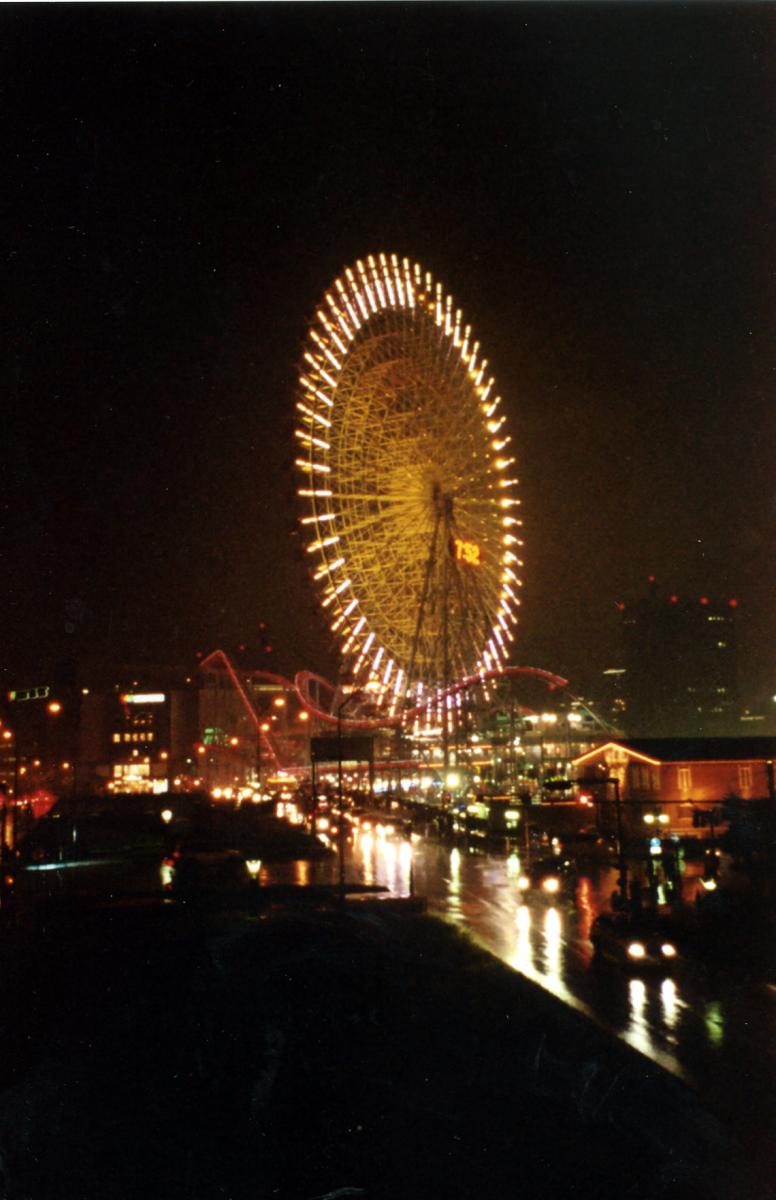By MELLISA PASCALE
“Clouds are like cotton candy,” Obasan says. “I could reach up and grab a piece.” At this, she pretends to pluck a cloud out of the wide summer sky and drop it into her mouth.
We’re in the beach chairs in the backyard, afternoon heat washing over us. After a pause, Obasan continues, “My grandfather, he was a fisherman. And he used the clouds to tell what kind of fish he would catch that day.”
I point up at a grey mass that’s about to block the sun and ask, “What does that cloud say?”
Obasan says, “That one’s too big. Too dark. But sometimes, he would look up at a cloud, and it would be a big sardine day…”
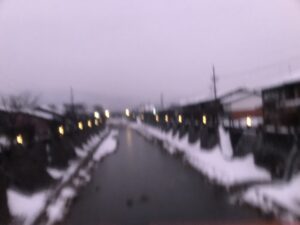
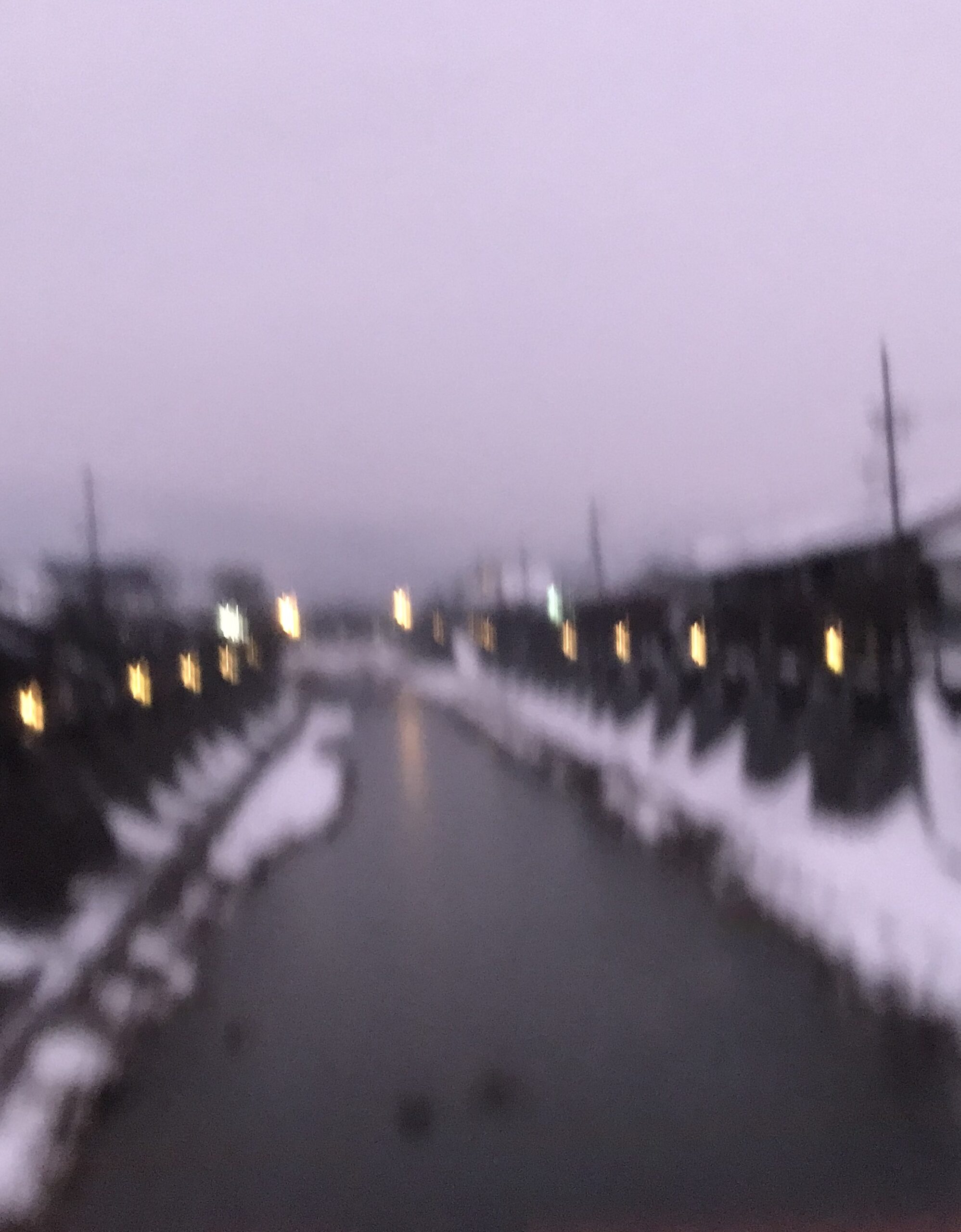
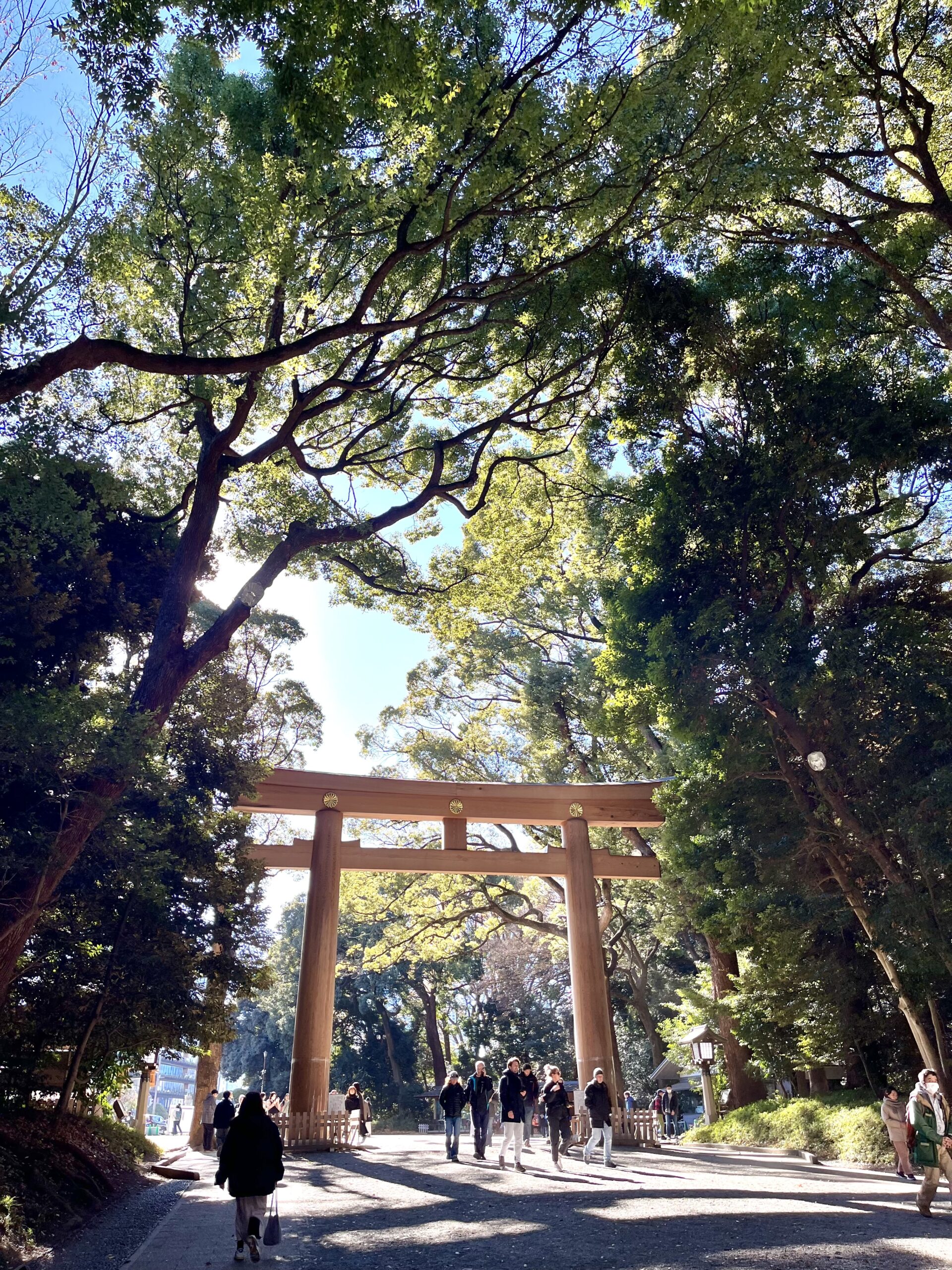
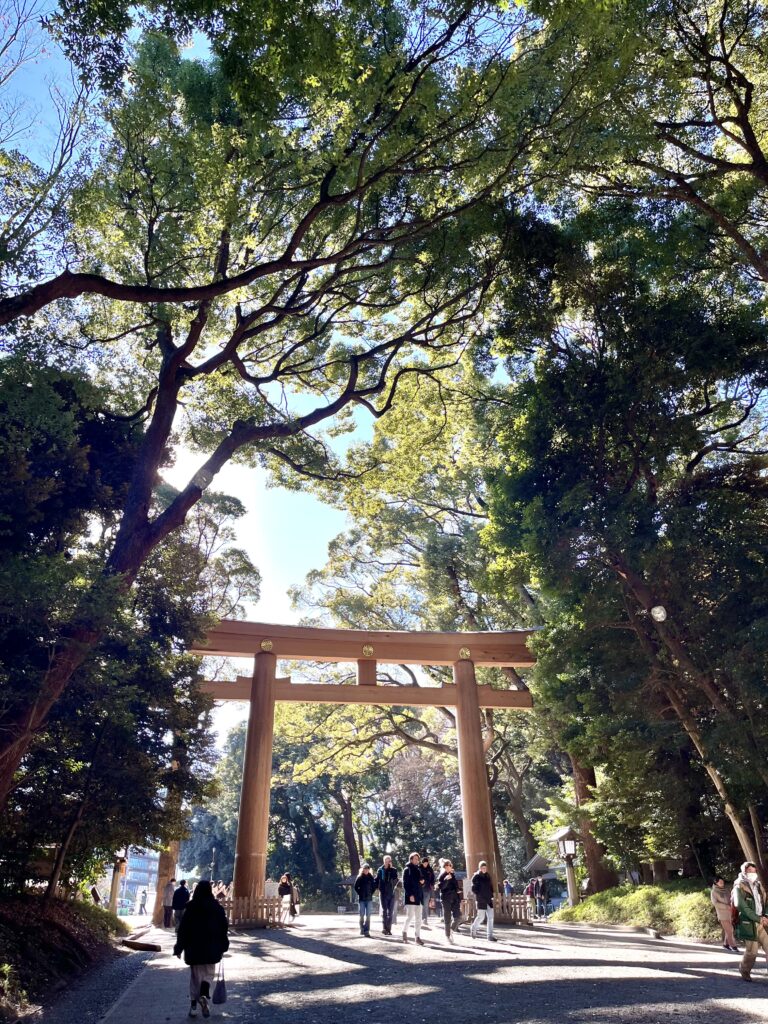 Beppu-shi, Oita Prefecture, Japan
Beppu-shi, Oita Prefecture, Japan







